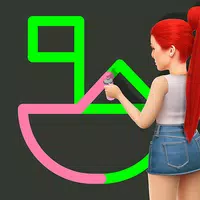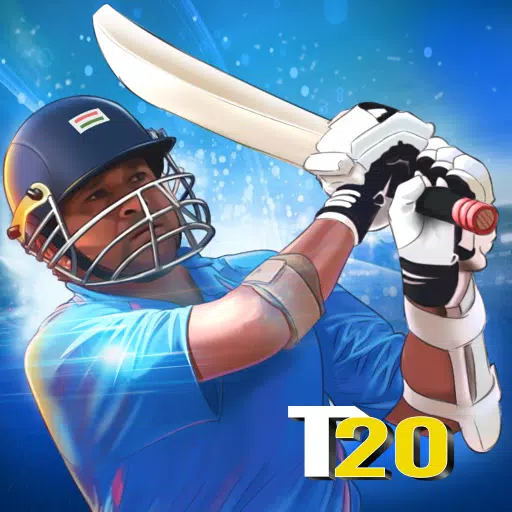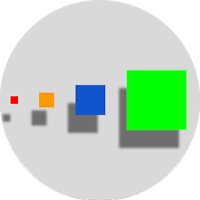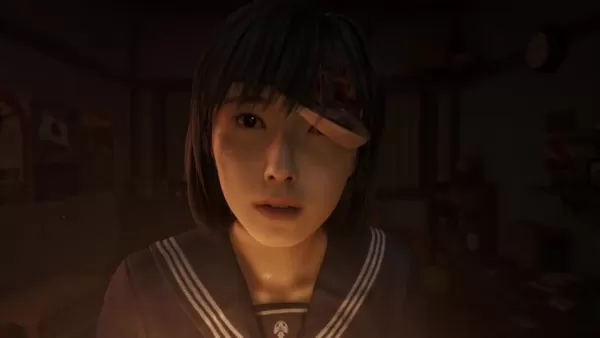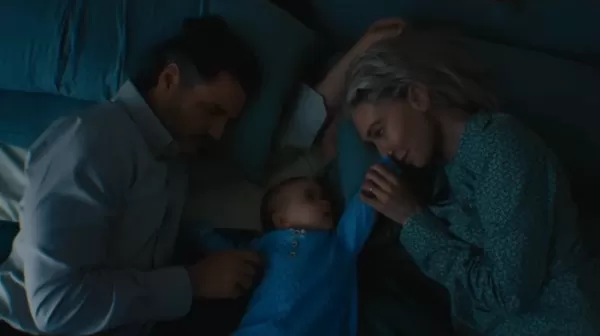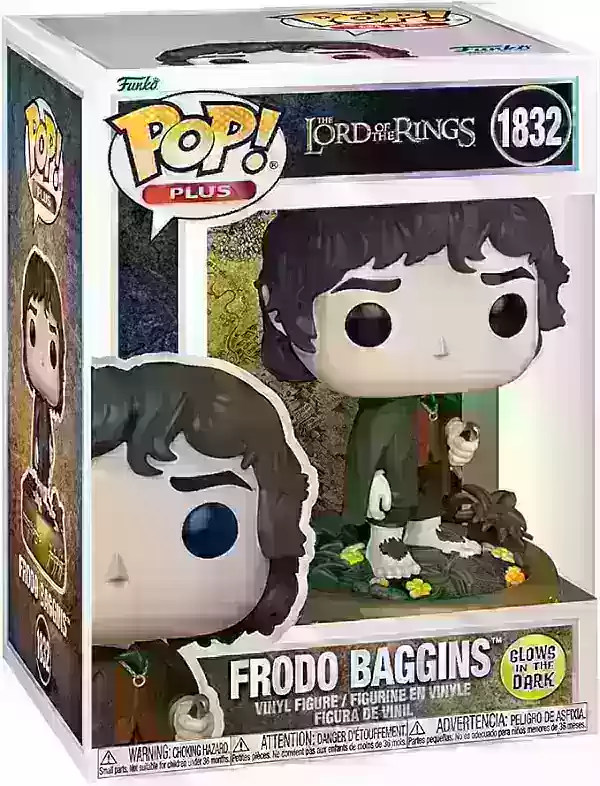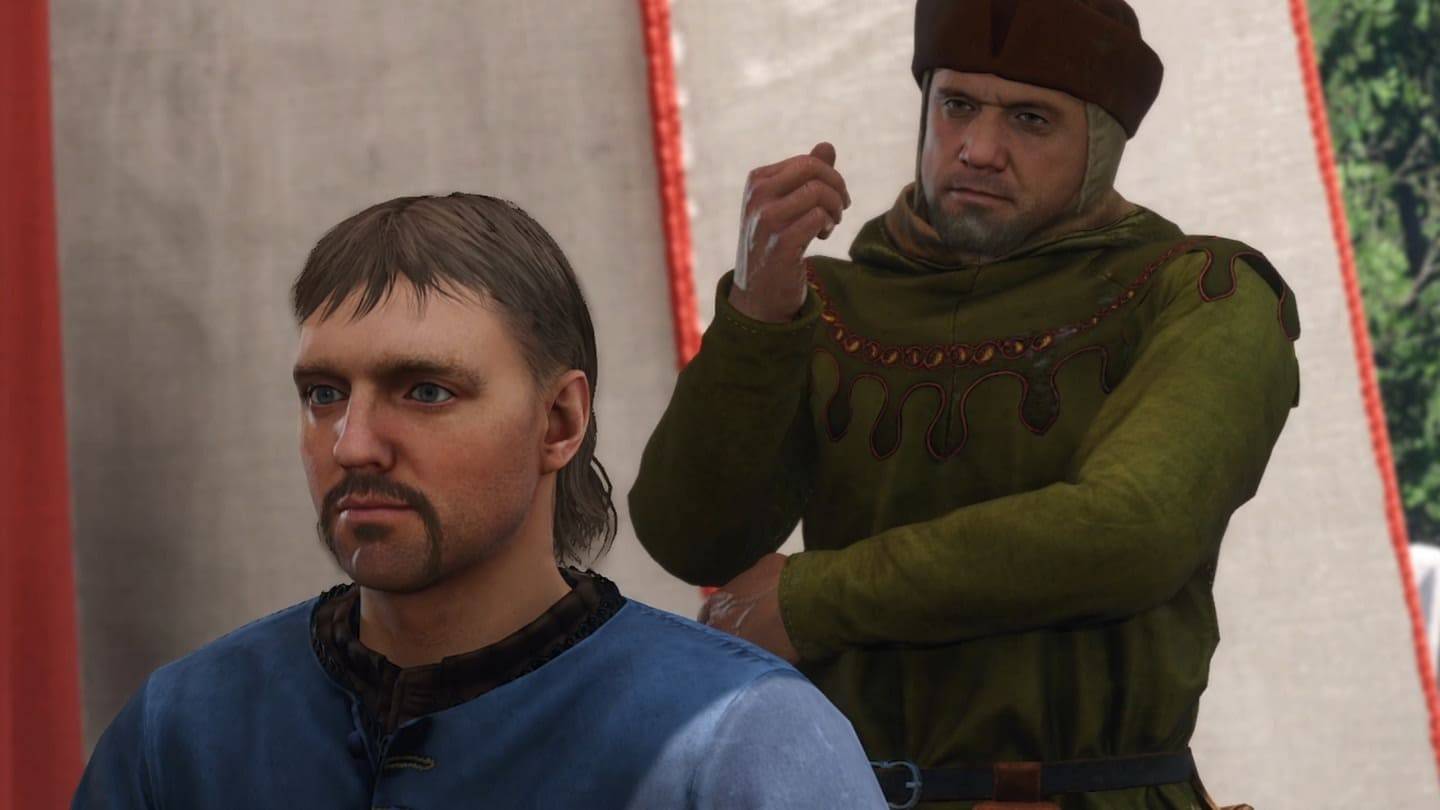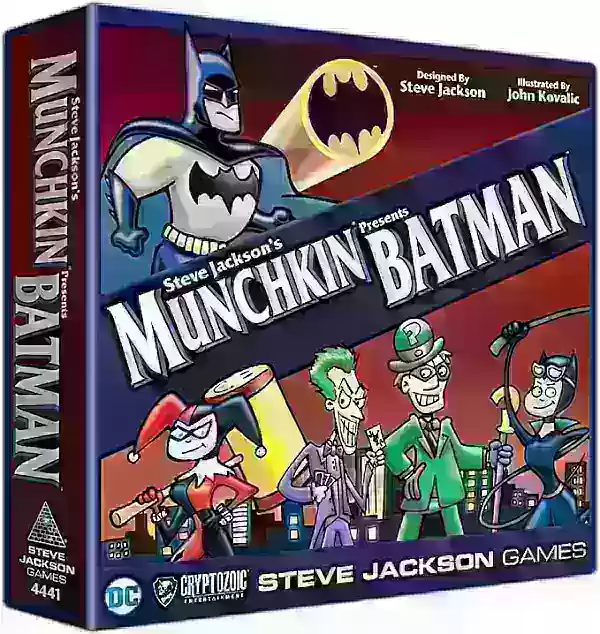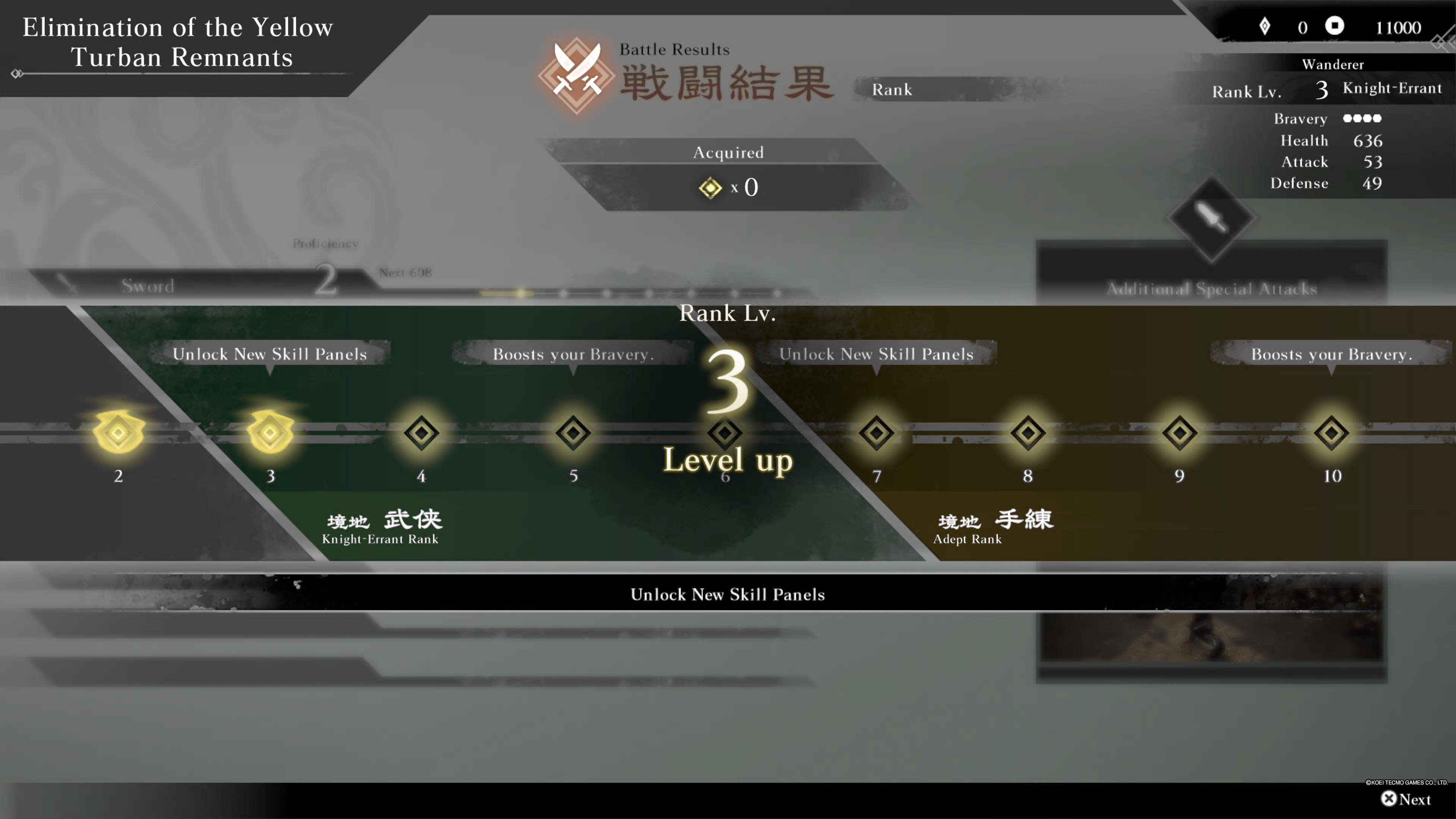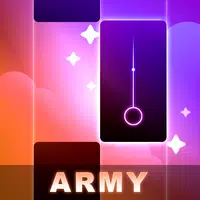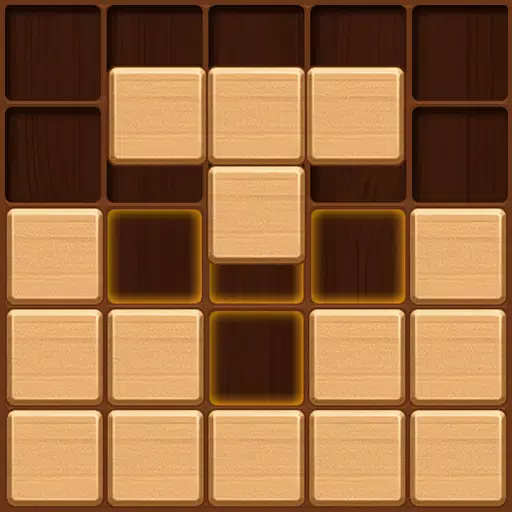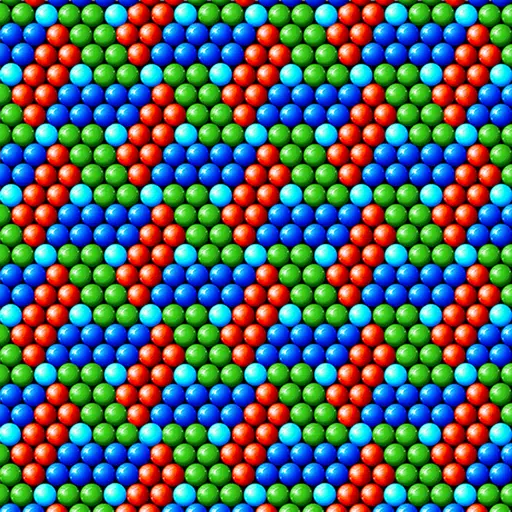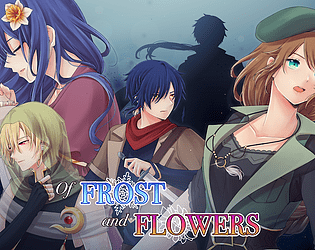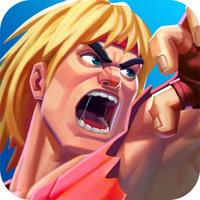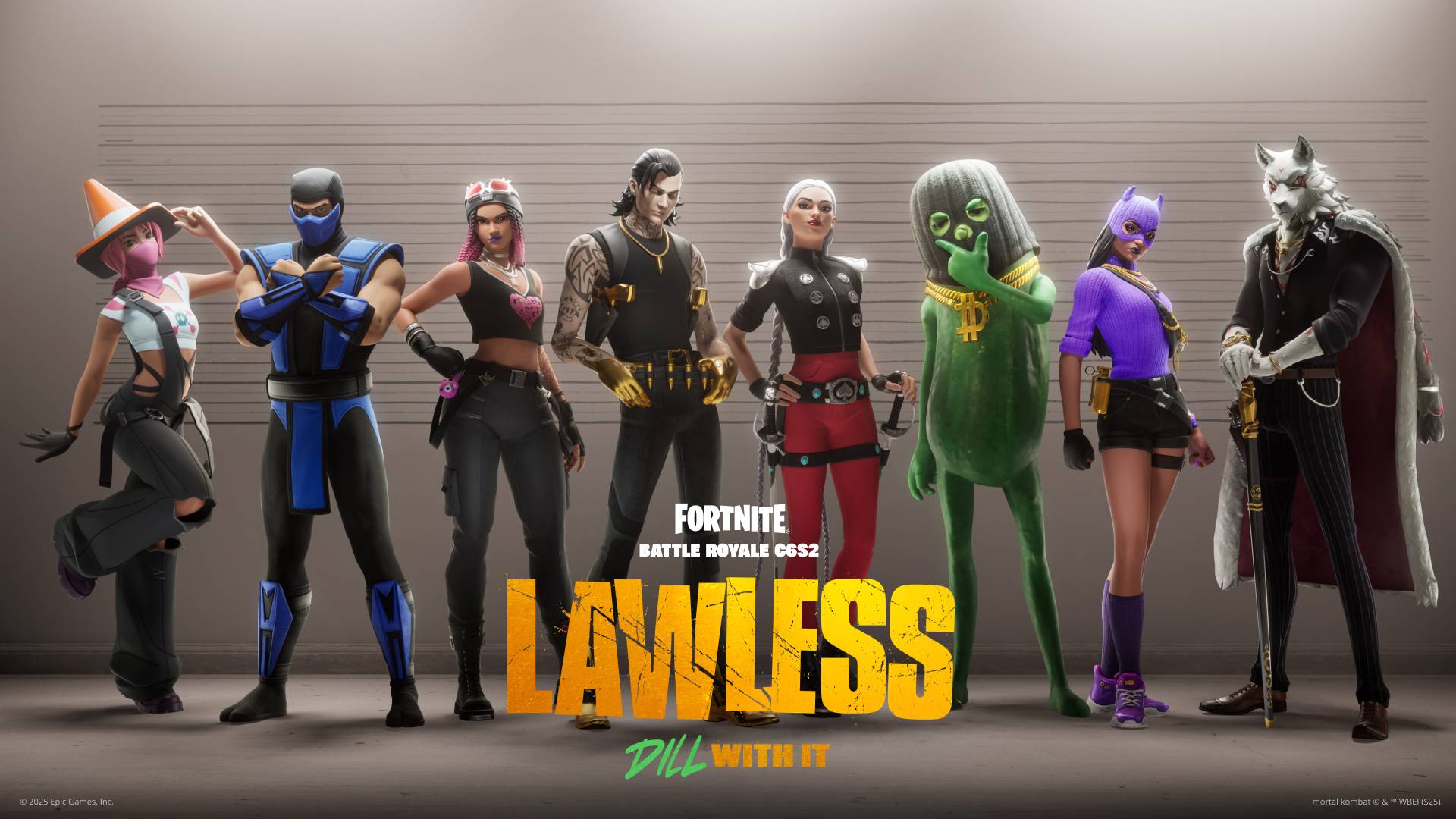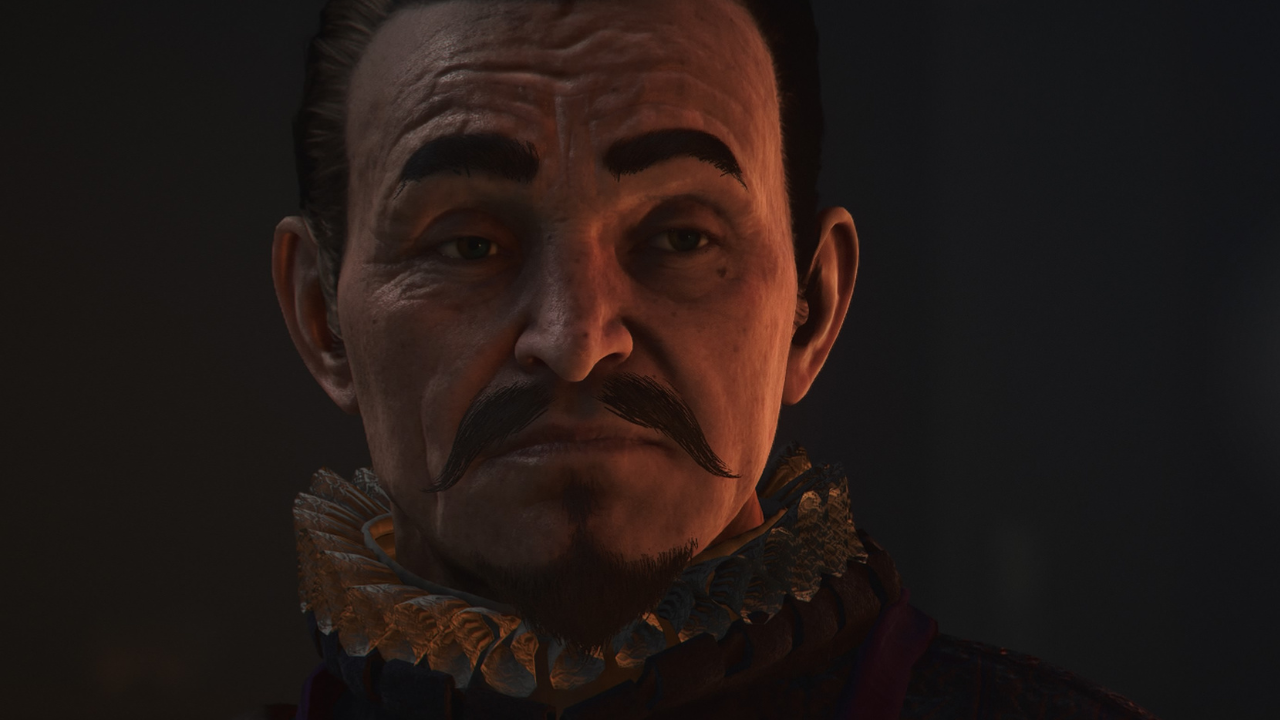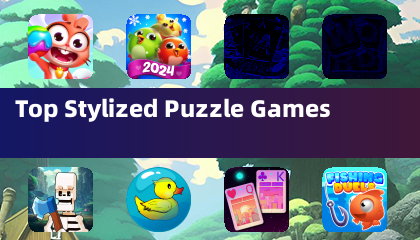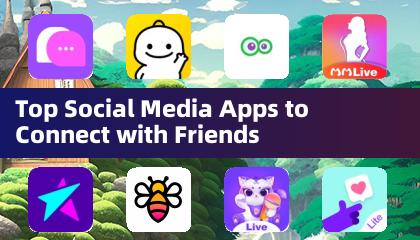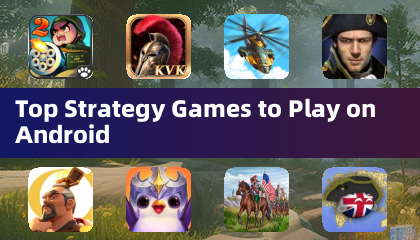"Exclusive Interview: Capcom, Kamiya, and Machine Head on Ōkami 2"
Twenty years after the iconic release of the original Ōkami, the revered goddess Amaterasu, the embodiment of all that is good and the nurturing mother to us all, is making a grand and unexpected comeback. Announced during last year's Game Awards, a sequel to Ōkami is currently in development. The visionary Hideki Kamiya, having recently parted ways with Platinum Games, has established his new studio, Clovers, and taken up the mantle as director. This endeavor is supported by Capcom, the IP's owner and publisher, and Machine Head Works, a studio composed of Capcom veterans who have contributed to several recent Capcom projects, including the Ōkami HD remake. The team behind this sequel is a powerhouse of talent, blending new developers with those who poured their hearts into the original Ōkami, all dedicated to bringing their vision to fruition.
Despite the excitement generated by a heartfelt teaser and the notable names involved, details about the sequel remain sparse. Questions linger about whether it will be a direct continuation or something entirely new, the origins of the project, and even the identity of the wolf featured in the trailer. To shed light on these mysteries, IGN recently had the opportunity to interview key figures behind the project: director Hideki Kamiya, Capcom producer Yoshiaki Hirabayashi, and Machine Head Works producer Kiyohiko Sakata, at their headquarters in Osaka, Japan. In a comprehensive two-hour discussion, they provided insights into Ōkami, the sequel, their collaborative efforts, and the philosophies driving their respective studios.
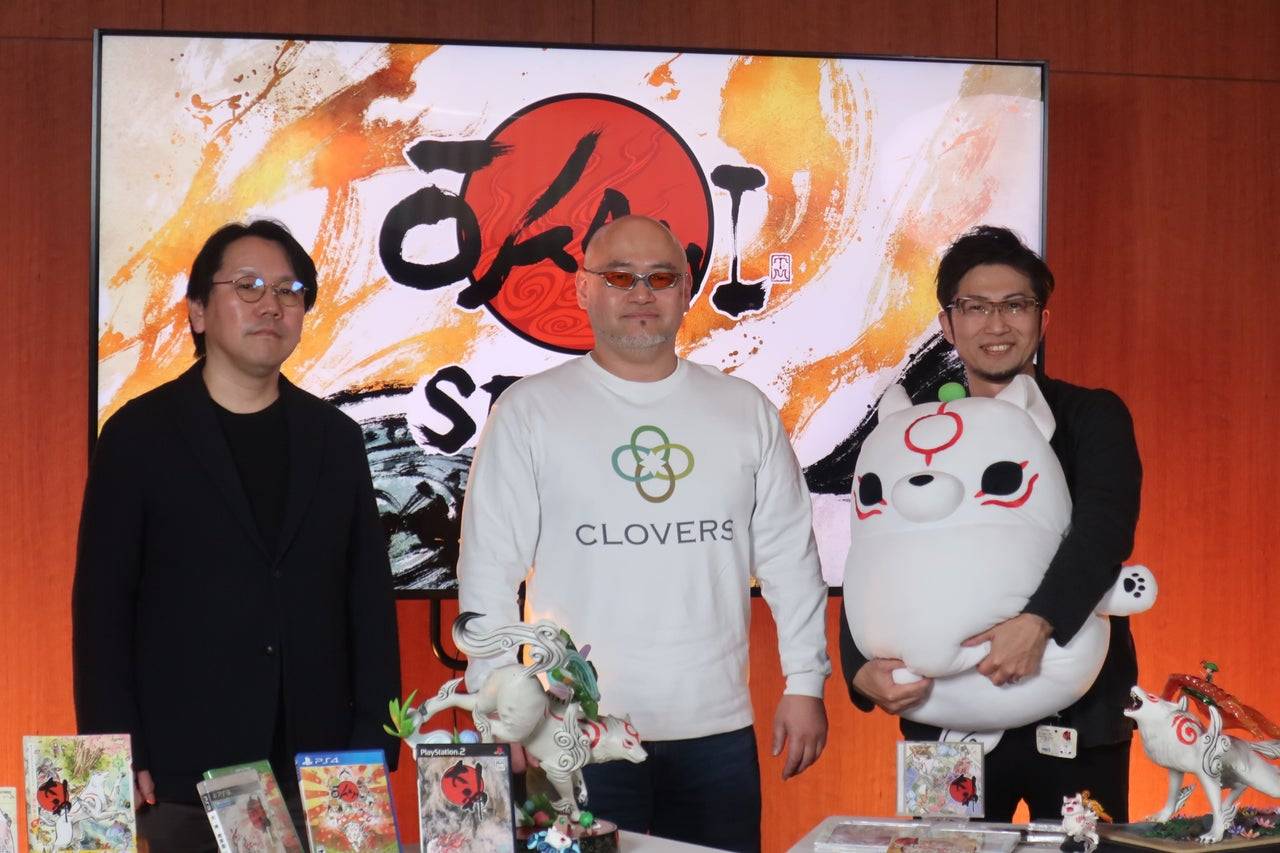 L-R: Kiyohiko Sakata, Hideki Kamiya, Yoshiaki Hirabayashi. Image credit: IGN. Here's the full Q&A from the interview, edited for clarity:
L-R: Kiyohiko Sakata, Hideki Kamiya, Yoshiaki Hirabayashi. Image credit: IGN. Here's the full Q&A from the interview, edited for clarity:
IGN: Kamiya-san, you've previously discussed your departure from PlatinumGames, citing a divergence in creative direction. You mentioned wanting to create games that only Hideki Kamiya could make. What core beliefs about game development do you hold, and how do these shape Clovers' approach?
Hideki Kamiya: It's a complex question. In September 2023, after 16 years with Platinum, I announced my departure. The primary reason was a sense of misalignment with the company's direction, though I can't delve into specifics. What I can say is that the personality of game creators is crucial and directly impacts the user's experience. This belief led me to seek an environment where I could pursue my vision, which is why I founded Clovers after leaving Platinum. The idea for Clovers emerged post-departure, inspired by conversations with colleagues and friends, aiming to create a development setting that aligns with my creative goals.
What defines a Hideki Kamiya game? If someone were to play a game without knowing I developed it, what would signal my involvement?
Kamiya: Defining a 'Hideki Kamiya game' isn't about overtly branding it as such. My focus is on crafting unique experiences that players haven't encountered before. I strive to deliver a distinct enjoyment that resonates with gamers, ensuring each game stands out through its uniqueness.
What is the connection between Clovers and Clover Studio, if any? Does the clover plant have special significance to you?
Kamiya: Clovers continues the legacy of Clover Studio, where I was proud to work and wanted to carry forward. The name Clover originated from being the fourth development division at Capcom, symbolized by the four-leaf clover. Additionally, 'Clover' can be read as 'C-lover,' where 'C' stands for creativity, a core value cherished at Clovers. Our logo reflects this with four 'C's, representing the four leaves of a clover.
It seems Capcom is deeply involved in this project. Was a close relationship with Capcom always part of your vision for Clovers, even before Ōkami came into the picture?
Yoshiaki Hirabayashi: From Capcom's perspective, we've always cherished the Ōkami IP and wanted to continue its story. When Kamiya left Platinum, it sparked discussions about reviving Ōkami. Our producer, Jun Takeuchi, shared this vision, and the timing felt right to move forward with the project.
How did the idea for the Ōkami sequel come about? Why now, and who was instrumental in pitching it?
Hirabayashi: Capcom has long sought the right moment to create a new Ōkami. The alignment of key personnel and circumstances made it possible now. When Kamiya left Platinum, it opened the door for this project.
Kamiya: I've always wanted to complete Ōkami's story. Even during my time at Platinum, I discussed this with friends, particularly Takeuchi, over casual drinks. My departure from Platinum provided the opportunity to realize this dream.
Kiyohiko Sakata: As a former Clover Studio member, Ōkami holds immense importance to me and my colleagues. This project's timing felt perfect, not just from a business standpoint but because all elements were in place.
Can you introduce Machine Head Works and explain its role in the Ōkami sequel?
Sakata: Machine Head Works is a recently established company, branching from M-Two, which closely collaborates with Capcom to enhance our game's visibility. Our roots trace back to Capcom's Division Four, where Kamiya and I started under Mikami. Our role in the Ōkami sequel is to bridge Clovers and Capcom, leveraging our experience with Capcom's titles and the RE Engine, which Clovers is adopting for the first time. We also have team members who worked on the original Ōkami, contributing to this project.
Hirabayashi: Machine Head Works has been invaluable, having assisted with the PS4 port of Ōkami and later titles like Resident Evil 3 and 4, all using the RE Engine.
Why choose the RE Engine for the Ōkami sequel? What advantages does it offer?
[There is a long pause.]
Hirabayashi: Yes.
[Everyone laughs.]
Hirabayashi: Without going into details, the RE Engine is essential for realizing Kamiya's artistic vision for the project.
Kamiya: The RE Engine is renowned for its expressiveness, and fans now expect this level of quality from our games.
Why has Ōkami remained special to Capcom despite its initial commercial performance?
Hirabayashi: Ōkami has a dedicated fanbase within Capcom's community. Despite its age, it continues to sell steadily, indicating its enduring appeal. We're committed to creating a sequel for these fans.
Kamiya: Initially, we worried about reaching a broad audience, but over time, the game's reception, especially through social media feedback, has shown its popularity. The positive reactions at the Game Awards and online have been overwhelming and deeply moving.
Hirabayashi: Ōkami's sales have remained consistent, a rarity among games, highlighting its unique status.
Kamiya: The fans' enthusiasm has been a significant driving force. From the PS2 to the Switch, the love for Ōkami has been evident through fan merchandise and engagement. Without this support, the sequel wouldn't be possible.
Are there plans to involve other former Clover members in the sequel? Were there discussions at the recent Platinum directors' gathering?
Kamiya: Several original Ōkami team members are involved through Machine Head Works, though we won't name them yet. The current team is more robust than the original, thanks to modern development tools and the addition of skilled individuals from Platinum.
Kamiya-san, you mentioned wishing for a stronger team for the first Ōkami. How have you addressed this for the sequel?
Kamiya: Yes, I've spoken about this on Ikumi Nakamura's channel. While development never goes perfectly, having a stronger team increases our chances of success. We're open to welcoming more talented individuals.
Hirabayashi: There are three routes to join this project; feel free to choose one.
Did any of you replay the first Ōkami around the sequel announcement?
Hirabayashi: I haven't had time to play recently, but I reviewed the DVD that came with the artbooks, which includes cut content.
Kamiya: I didn't know about that DVD.
Sakata: My daughter played the Switch version recently. Despite the game's older format, Ōkami's guidance system made it accessible to her.
Hirabayashi: My daughter enjoyed the Switch version too, seeing it as a beautiful, inspiring game, which reinforced its appeal to younger audiences.
Looking back on the original Ōkami, what are you most proud of, and what do you want to replicate in the sequel?
[There is a lengthy pause while Kamiya considers how to answer.]
Kamiya: My hometown in Nagano inspired the original Ōkami, reflecting my love for nature. The sequel aims to continue this spirit, balancing beauty with the story's darker elements. It's important for people of all ages to enjoy this game, appreciating both its beauty and narrative depth.
I have a bit of a silly question. Can I show you a picture? Do any of you know the story behind this?
[They all declined to comment]
Since creating the first Ōkami, what changes in game development and technology will influence the sequel's approach?
Sakata: The original Ōkami aimed for a soft, hand-drawn style, which was challenging with the PS2's hardware. Today's technology, including the RE Engine, allows us to achieve and surpass those original visions.
Okami 2 Game Awards Teaser Screenshots
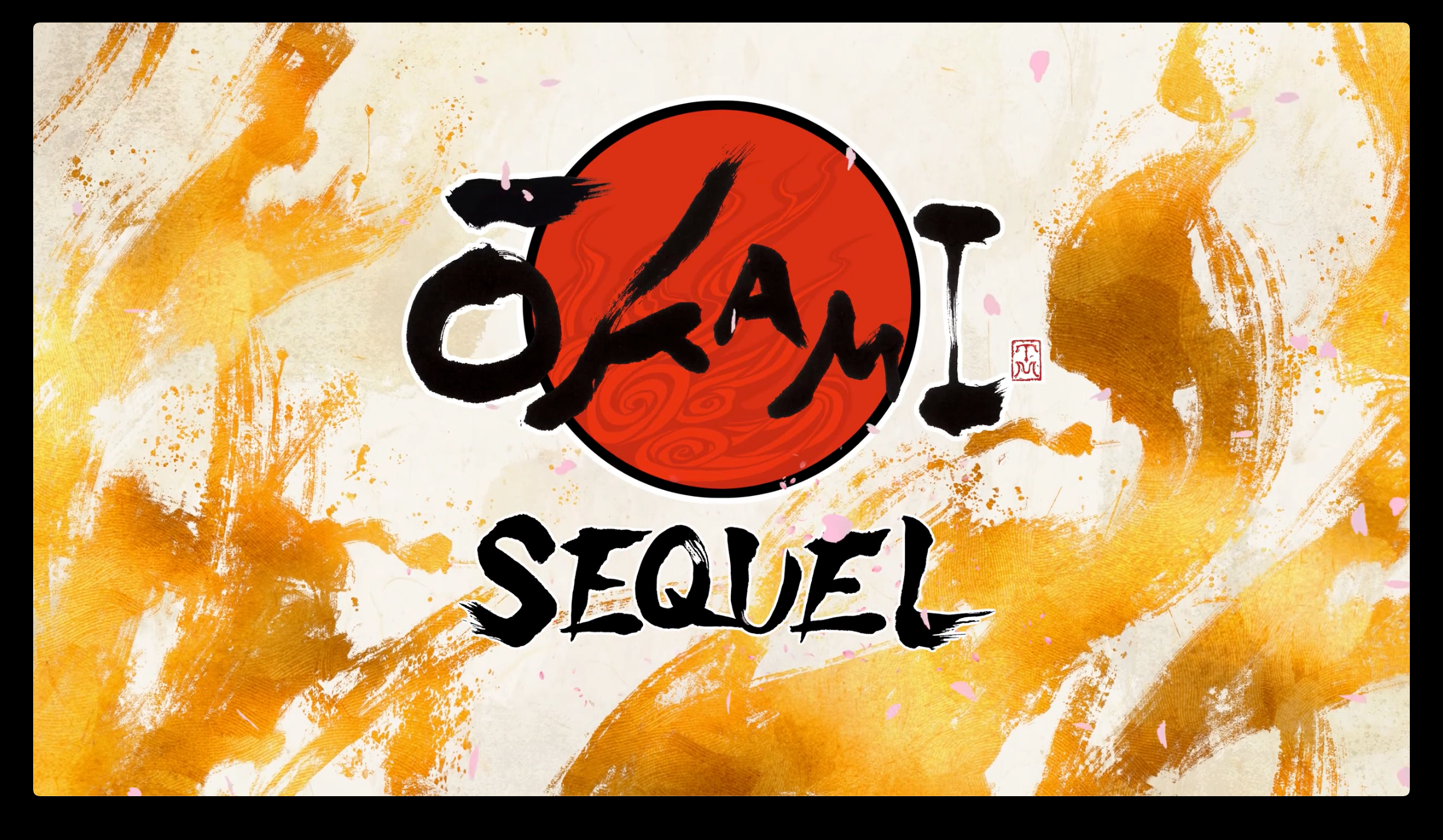
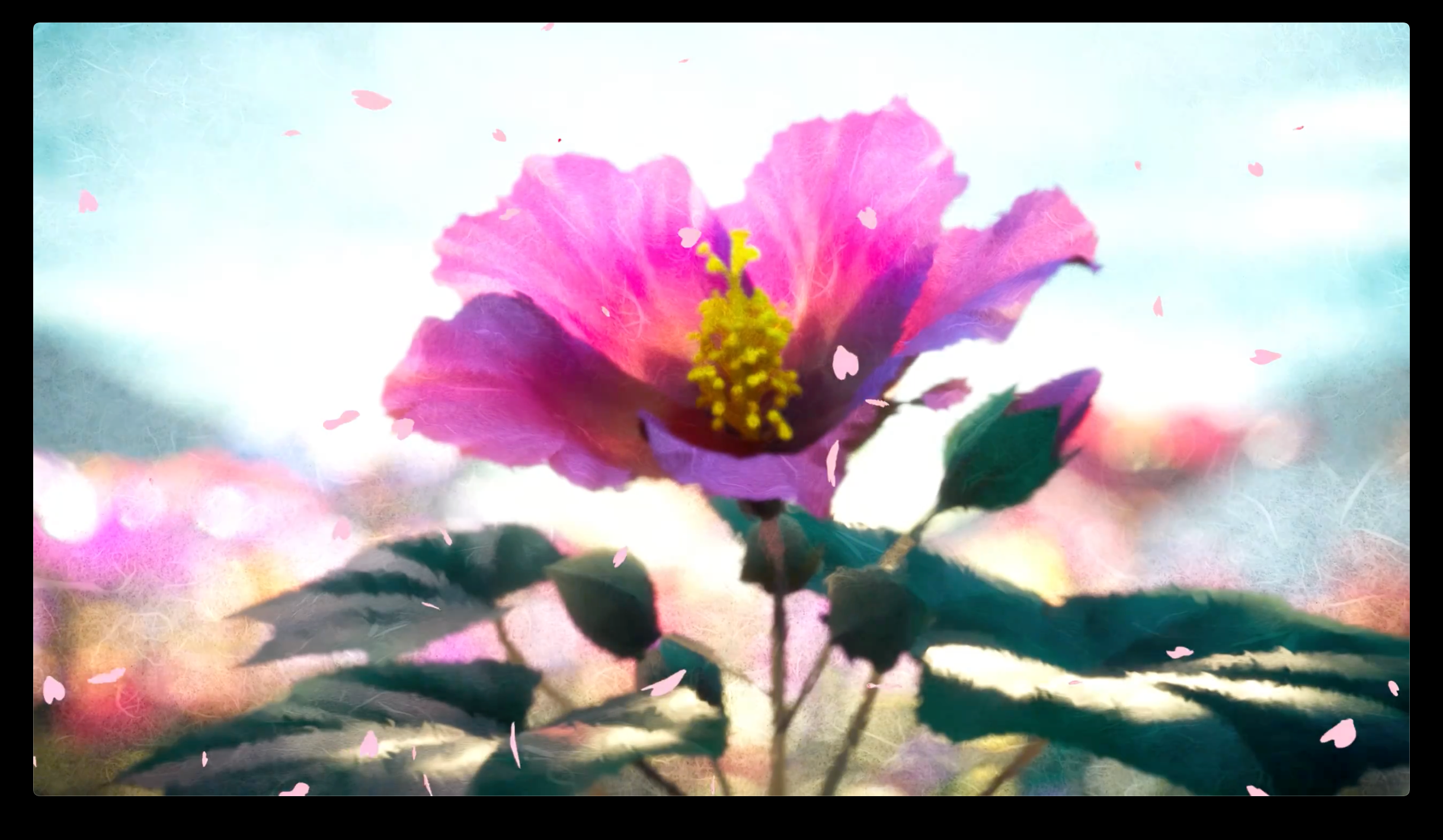 9 Images
9 Images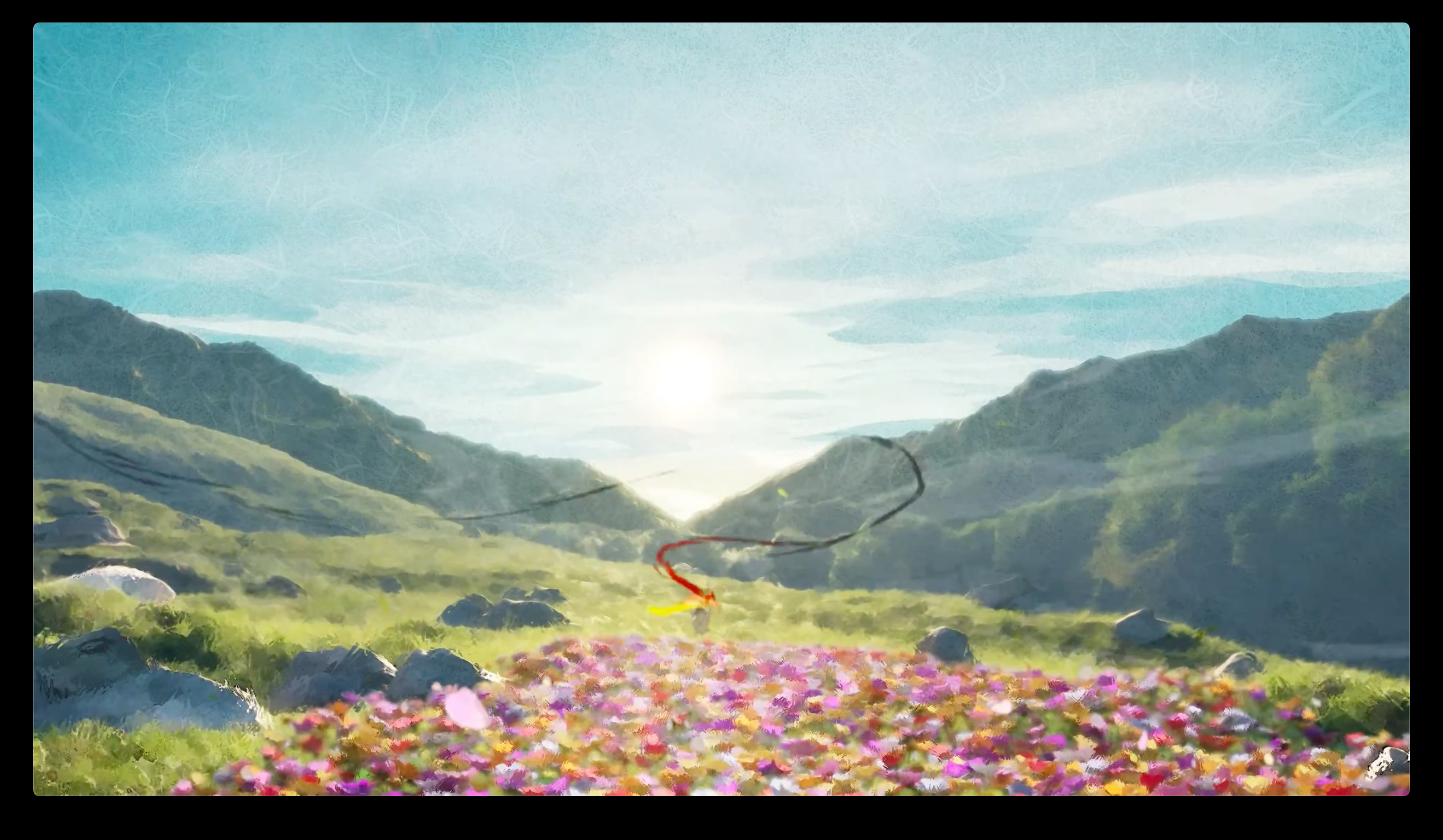
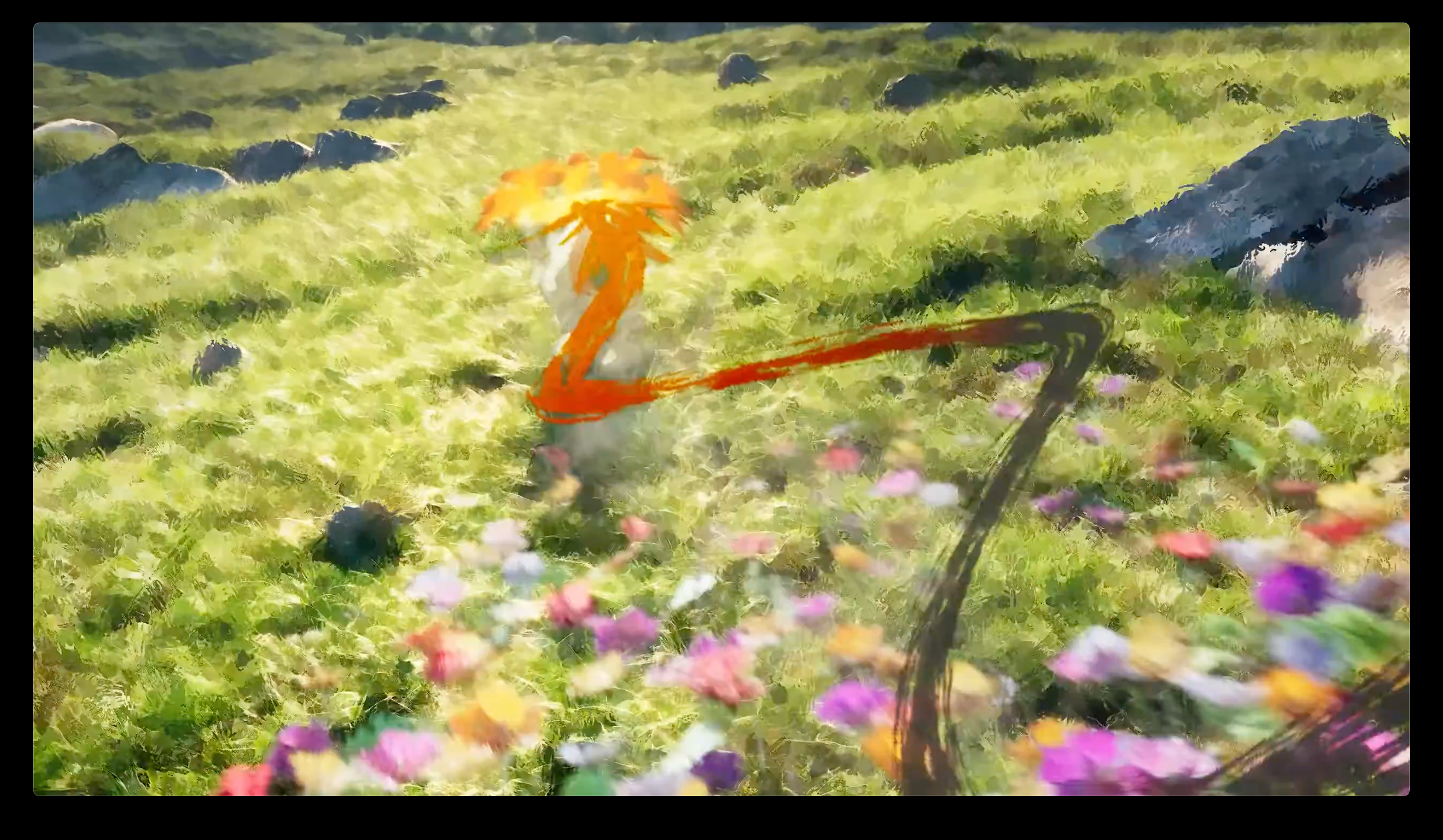
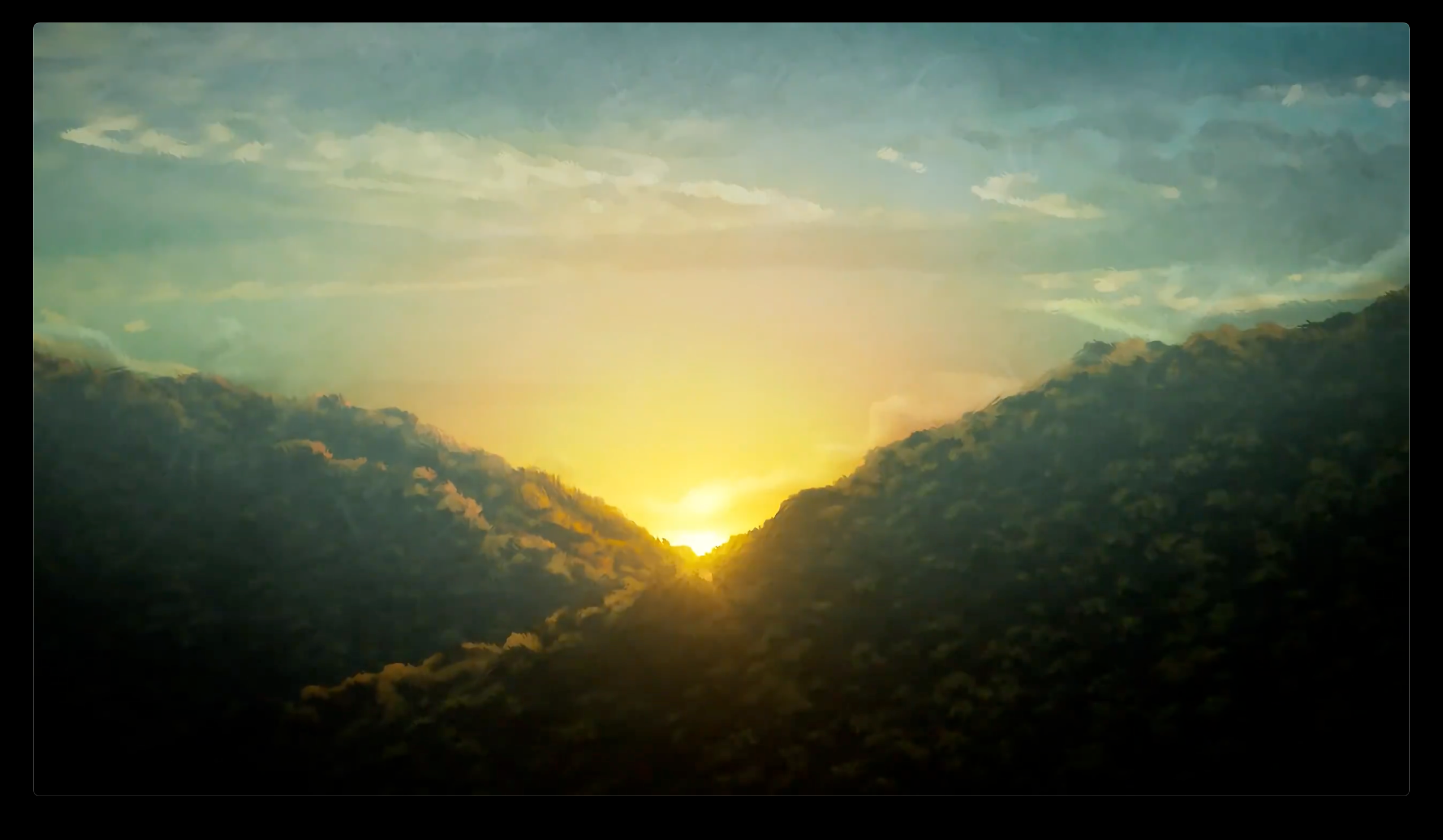
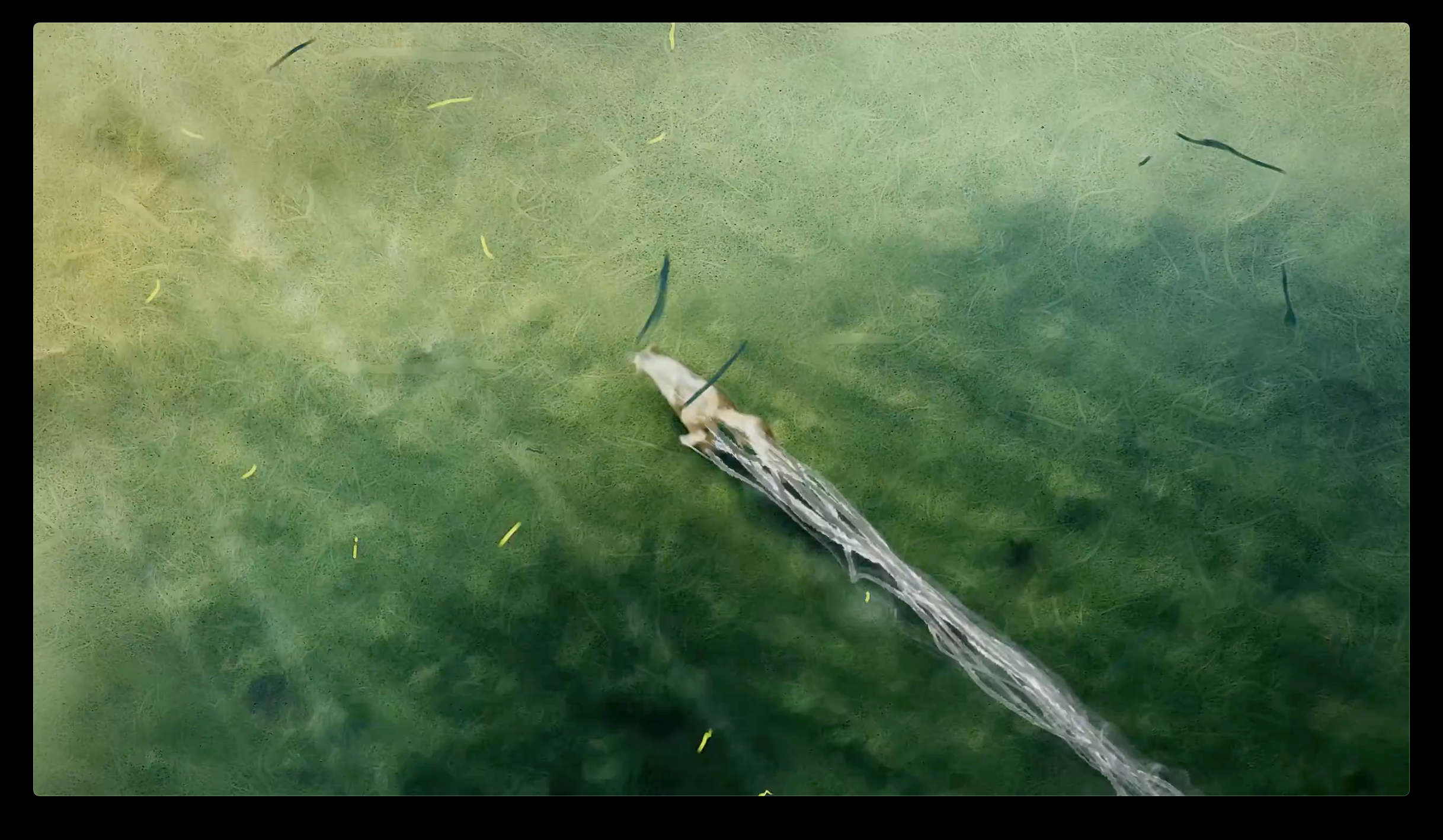 What are your thoughts on the upcoming Nintendo Switch 2?
What are your thoughts on the upcoming Nintendo Switch 2?
Hirabayashi: We can't comment on the Nintendo Switch 2 from Capcom's perspective; that would come from Nintendo.
Kamiya: Personally, I'd love to see the Virtual Console rebooted.
Can you share any big themes or ideas you want to explore in the sequel that weren't fully explored in the original Ōkami?
Kamiya: I have a clear vision for the sequel's themes and story, which I've been developing for years. It's something I'm eager to bring to life.
Hirabayashi: The sequel is a direct continuation of the original game's story.
Kamiya: While we consider fan expectations, our goal is to create a game that delivers the fun and excitement fans anticipate.
Can you confirm that the wolf in the trailer is Amaterasu?
Kamiya: I wonder.
[Everyone laughs.]
Hirabayashi: Yes, it is Amaterasu.
What are your feelings about Ōkamiden? Will it be acknowledged in the sequel?
Hirabayashi: We recognize the fans who enjoyed Ōkamiden, and we're aware of the feedback regarding its story. The sequel will continue the narrative from the original Ōkami.
How are you approaching the control system for the sequel, considering the original's controls might feel outdated to some?
Kamiya: We're still early in development, but we'll consider modern control standards while respecting the original Ōkami's feel. It's about finding what works best for today's gamers.
Is the sequel still very early in development?
Hirabayashi: Yes, we just started this year.
Why announce it so early at the Game Awards last year?
Hirabayashi: We were excited and wanted to share that this game is possible.
Kamiya: Announcing it made it real, not just a dream. It's a promise to fans that we'll make this game.
Are you concerned about fans' impatience as the development takes time?
Hirabayashi: We understand their eagerness, but we'll work diligently to meet their expectations without sacrificing quality.
Sakata: We'll do our best.
Hirabayashi: Speed isn't our priority; quality is. We won't delay unnecessarily but won't rush either.
Kamiya: We'll keep our heads down and work hard. Please be patient.
Was the teaser inspired by the video at the end of the original Ōkami, showing Amaterasu running with trees springing up behind her?
Sakata: Not directly, but it reflects our commitment to the original game's vision.
Hirabayashi: The trailer's music was inspired by the original game, resonating with fans.
Kamiya: The song, composed by Rei Kondoh, embodies the spirit of the original, continuing in the sequel.
What inspires you personally, and what are you enjoying right now in terms of other media?
Kamiya: I'm inspired by Takarazuka stage shows, particularly the Hana group. Their unique approach to staging without CG influences my game design.
Sakata: I enjoy smaller stage performances by Gekidan Shiki, valuing the live, human element. This inspires me to create games that players can experience in their own way.
Hirabayashi: I'm inspired by movies, especially the latest Gundam film, Gundam GQuuuuuuX. The passion and perspective in films like this influence my work.
What does success for the Ōkami sequel look like to you?
Hirabayashi: Personally, I want fans to enjoy it beyond their expectations.
Kamiya: If I'm proud of the game and enjoy it myself, that's success to me. Aligning with fan expectations is the goal.
Sakata: Success is when players, both seasoned and new, enjoy the game. For Machine Head Works, success is achieving the director's vision.
What does success for your studios look like in the next 10 years? Do you envision returning to Capcom or focusing on new IPs?
Sakata: In 10 years, I want Machine Head Works to continue creating games. Our goal isn't about numbers but about sustaining our creative output.
Kamiya: Clovers aims to gather more like-minded individuals to collaborate on projects. It's not about specific games but about the team.
All three requested the opportunity to close with a final message to the fans:
Hirabayashi: Thank you for your support. We're working hard on the sequel, and though it may take time, please wait for our dream to come true.
Sakata: This project is driven by our love for Ōkami. We're working tirelessly to meet your expectations.
Kamiya: This project is deeply personal, but it wouldn't be possible without your support. Thank you, and please look forward to what we have in store.
